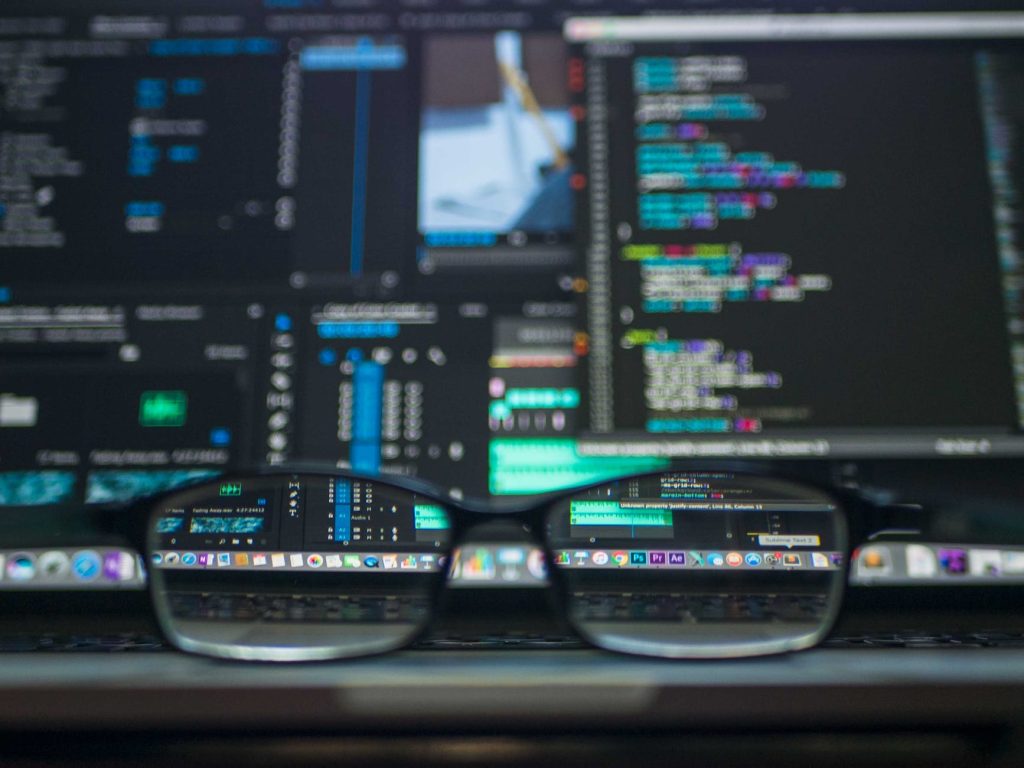The intersection of technology and healthcare has given rise to innovative solutions that empower individuals to take charge of their health like never before. This article explores the latest tech trends in health monitoring, focusing on wearable devices and remote health tracking tools that are transforming the way we manage our well-being.
The Rise of Wearable Health Tech
Wearable Devices Revolutionize Health Monitoring
Wearable devices, including smartwatches, fitness trackers, and health-focused wearables, have become ubiquitous. These devices provide real-time data on various health metrics, such as heart rate, activity levels, sleep patterns, and more.
Personalized Health Insights
The data collected by wearables is processed by advanced algorithms to offer personalized health insights. Users can track their fitness goals, monitor chronic conditions, and even receive proactive health recommendations.
Remote Monitoring and Telehealth
Wearable devices enable remote health monitoring, allowing healthcare providers to keep an eye on patients’ vital signs and progress without the need for frequent in-person visits. This has become especially valuable during the COVID-19 pandemic.
Remote Health Tracking Tools
Mobile Health Apps
Mobile health apps complement wearable devices, offering a centralized platform for tracking health data, setting goals, and accessing valuable health resources. These apps cover a wide range of health aspects, from nutrition and fitness to mental health and chronic disease management.
Telemedicine and Virtual Consultations
Telemedicine platforms have experienced exponential growth, enabling individuals to consult with healthcare professionals remotely. Video calls and secure messaging apps connect patients with doctors, making healthcare more accessible.
AI-Powered Health Assistants
Artificial intelligence plays a significant role in health tracking. AI-powered health assistants can analyze health data, detect anomalies, and provide actionable insights. These virtual assistants can even predict potential health issues.
Benefits and Challenges
Empowering Patients
Tech trends in health monitoring empower individuals to be proactive about their health, make informed decisions, and manage chronic conditions more effectively.
Data Privacy and Security
As health data becomes more accessible, ensuring data privacy and security is paramount. Striking a balance between convenience and protecting sensitive health information is an ongoing challenge.
The Future of Health Monitoring
Integration with Healthcare Ecosystem
Health monitoring tech is poised to integrate seamlessly with the broader healthcare ecosystem, facilitating data sharing between patients, providers, and health systems.
Advancements in Wearable Tech
Continual advancements in wearable technology, including smaller, more powerful sensors and longer battery life, will enhance user experiences and expand health monitoring capabilities.
Conclusion
Tech trends in health monitoring are reshaping how we approach healthcare. Wearables and remote health tracking tools empower individuals to be proactive about their well-being while facilitating more accessible and convenient healthcare services. As technology continues to evolve, the future of health monitoring holds promise for improved health outcomes and a more patient-centric approach to healthcare.
Frequently Asked Questions (FAQs)
Q1: What are wearable health tech devices?
A1: Wearable health tech devices are wearable gadgets, such as smartwatches and fitness trackers, that monitor various health metrics and provide personalized health insights.
Q2: How do mobile health apps contribute to health monitoring?
A2: Mobile health apps offer a centralized platform for tracking health data, setting goals, and accessing health resources, making it easier for individuals to manage their health.
Q3: What role does AI play in health monitoring?
A3: Artificial intelligence powers health assistants that can analyze health data, detect anomalies, and provide actionable insights, enhancing health monitoring capabilities.
Q4: What challenges are associated with tech trends in health monitoring?
A4: Challenges include data privacy and security concerns, as well as the need to strike a balance between convenience and protecting sensitive health information.
Q5: How is the future of health monitoring evolving?
A5: The future of health monitoring involves greater integration with the healthcare ecosystem, advancements in wearable technology, and improved patient-centric healthcare services.

